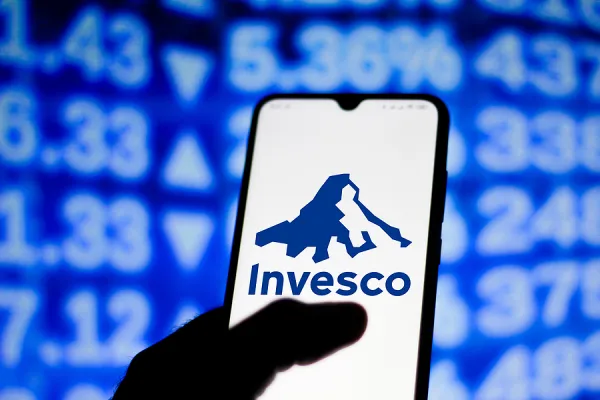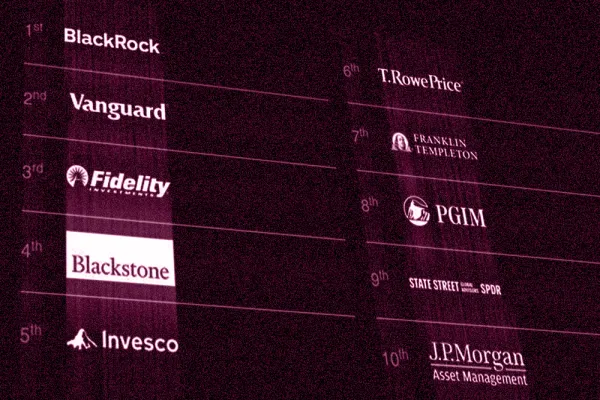Global institutional investors are sold on the idea of smart beta funds when it comes to their equity portfolios. Now they’re planning to significantly increase the use of fixed income smart beta, according to a new survey.
Smart beta, or factor-based funds, are one of the most popular new fund categories. Factor-based funds are rules-based and invest in securities with a certain characteristic, such as value or low volatility. Fixed income is seen as an area in need of research and development — but also fertile ground for growth.
Slightly more than half of institutional investors believe that factors can be effectively applied to fixed income, according to asset manager Invesco’s third annual Global Factor Investing Study. Only 10 percent of investors think it’s impossible to implement smart beta fixed income funds.
In addition, about 60 percent of institutional investors surveyed believe factor-based funds can be used in multi-asset portfolios. That leaves a lot of room for growth.
Still, “only around half that figure is currently doing so in either case,” wrote the authors of the report. “Even ignoring all those who are undecided at this stage, this demonstrates the potential for a doubling of fixed income and multi asset adoption, just amongst existing factor users.”
Invesco’s study, conducted by a third party, was based on more than 300 interviews with global institutional investors, fund managers, and others.
[II Deep Dive: Why Vanguard’s Smart-Beta Bet May Unsettle Its Rivals]
Vincent de Martel, Invesco’s factor solutions strategist, says barriers to investors adopting factor funds are falling. For one, investors need internal expertise to implement factor funds. Institutional investors are still building out investment teams that focus specifically on factors, but they’ve made significant headway in doing that.
“Investors in factor strategies aren’t swayed by marketing,” said de Martel in an interview. Instead, they are building systems, defining their factor investment philosophies, and hiring experienced professionals to make independent decisions, he said.
One area of concern for investors is the way asset managers peddling factor investments communicate about the strategies they offer. Invesco asked participants to rate managers’ communications on a scale of 1 to 10 (with 10 being complete clarity). Scores averaged between 4 and 6.
"That's telling people people like us that we’re not doing a great job at clarity," said de Martel.
Another barrier is the availability of products, at least innovative ones. For asset managers, that should be an opportunity.
“For all the factor product development of recent years, the market is still demanding high-quality new products,” wrote the report’s authors. “Investors see only equities as being well covered. In the newer and more innovative applications of factor investing, the product landscape is relatively empty.”
When investors go the smart beta route, actively managed and traditional market-capitalization-weighted index funds are the casualties, according to the report.
“Some people argue that factors take money away from traditional active managers. We see that. But an equal proportion is coming from market-cap-weighted funds,” said de Martel.
De Martel said the survey found investors are replacing market-cap-weighted funds with smart beta ones because they think factors offer better risk-return characteristics but are still reasonably priced.
About 60 percent of institutional investors surveyed are pase their allocation to smart beta, and 30 percent will stay where they are with factors. According to the survey, once they are on board, institutions invest in two to four strategies.
Invesco found that exchange-traded funds, historically a retail product, play a big role in factor-investing.
“This [ETF] has the lead share of smart beta type implementation, even with institutions. Mutual funds and other pooled vehicles also play an important institutional role, especially for active quant implementation,” according to the report.







